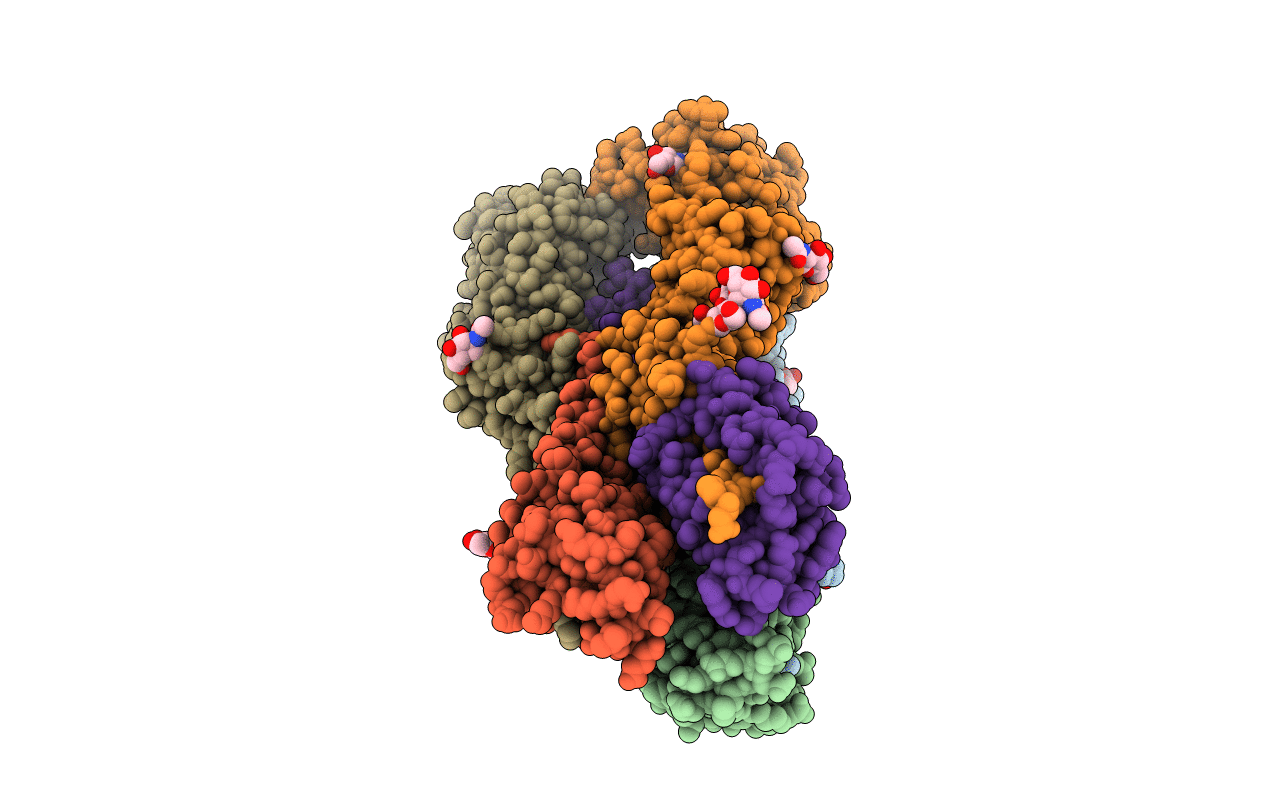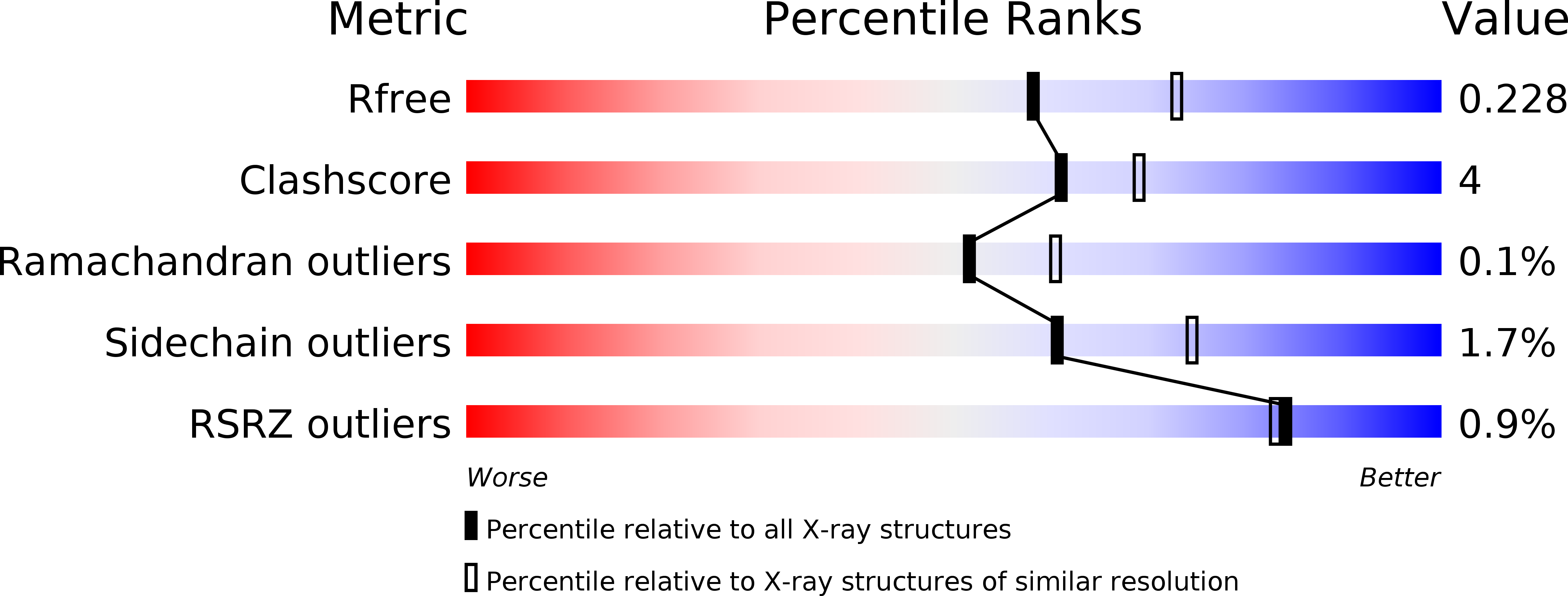
Deposition Date
2013-08-07
Release Date
2013-09-25
Last Version Date
2024-10-30
Entry Detail
PDB ID:
4M4Y
Keywords:
Title:
Crystal structure of a 2009 H1N1 influenza virus hemagglutinin with a stabilization mutation HA2 E47G
Biological Source:
Source Organism(s):
Influenza A virus (Taxon ID: 641501)
Expression System(s):
Method Details:
Experimental Method:
Resolution:
2.20 Å
R-Value Free:
0.23
R-Value Work:
0.17
R-Value Observed:
0.18
Space Group:
P 21 21 21


